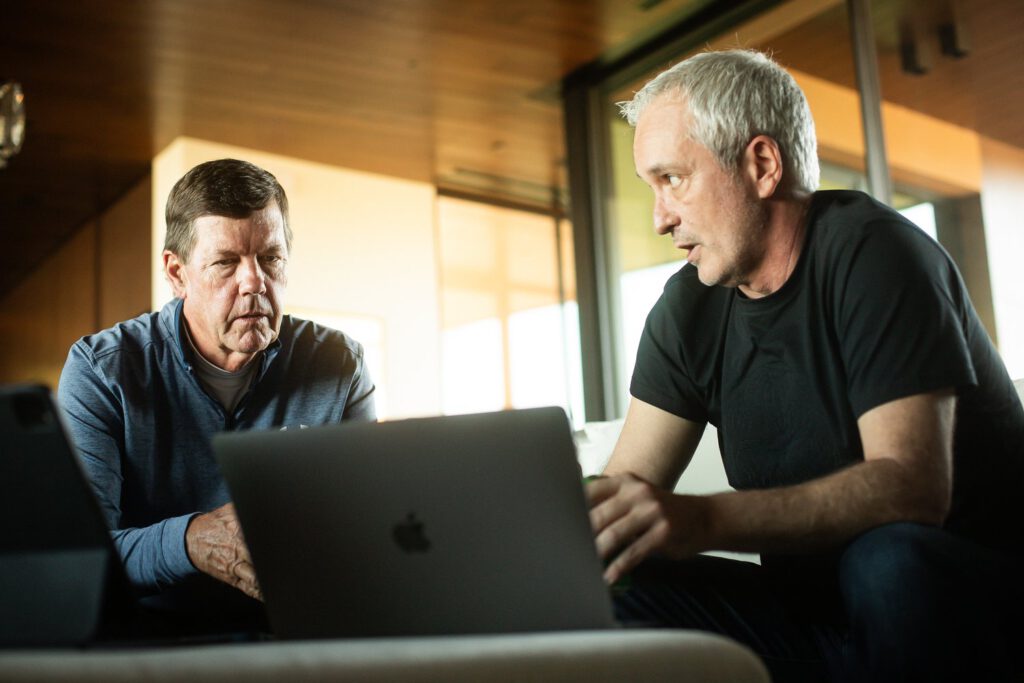


Back in 1999 when Mark Zuckerberg was still in high school and the internet was freshly poised to take off, I controversially declared “You have no privacy. Get over it.” during a global launch event for Sun Microsystems.
Fast-forward a quarter century later and we are now fast-approaching a new tech megacycle – one in which data itself has the potential to be a digital currency with value we all partake in versus being controlled and sold by the world’s most valuable companies. The top five all process and use our collective personal data as a core part of their business.
In 2024, the technology and legislative megacycle is accelerating the shift from data privacy to data ownership rights to benefit all of us. It won’t be an easy slog, but the societal benefits for such a shift are significant – especially in a world where AI, powered by our data, is ascending.
On November 1, 2023, Brazil was the first country in the world to introduce a data ownership rights bill. As an add-on to its LGPD data-privacy law, it provides a framework for citizens to monetize their data via data ownership. If we follow Brazil’s legislative lead, which may enable data savings as a supplementary income source, we could have more than 320 million data owners in the U.S. earning money off their data, while addressing many of the big fears about AI.
If this new data economy megacycle catches on, we – as a society – could benefit in multiple ways. A shift to data ownership can fix many of the top concerns about AI and its potential negative impact on our society at large. If we provide better data to be input into AI systems - data that is timely, ethically curated, and with less inherent biases - this will help big AI players ensure better outputs.
The old iteration of the data economy revealed the quest for people’s data sometimes leading to bad behaviors on the part of the world’s largest data processors.
Take for example, the recent revelations about how some of the world’s largest AI companies behind LLMs and generative AI have scraped the web, including content that is copyrighted and now being contested in what is sure to be a landmark lawsuit, The New York Times v. OpenAI and Microsoft.
Since then, a growing number of media outlets have recently filed lawsuits that claim violations of the Digital Millennium Copyright Act (DCMA) of 1998 including a group of eight U.S. newspapers on April 30 that allege the technology companies have been “purloining millions” of copyrighted news articles without permission or payment to train their artificial intelligence chatbots.
The big tech companies are not going to give up a primary source of money generation – their ability to process and sell our data to the highest bidders – easily. But change for societal good is not always easy.
The truth is, we ought to own our own data. Especially because we collectively pay for it to be created on devices we own, and on the data-sharing apps and services we pay for and are taxed on every day. We should have the right to decide if we want to sell that data. We should be compensated for it.
Engineering data ownership rights is one of the two biggest technical challenges today. Personal identity in a world moving to deep fakes is the other side of this coin. The move to “decentralize” data out of the hands of a few - to a world where our personal data is owned and controlled by all of us can help alleviate some of the worst-case “AI is evil” scenarios.
As our personal data lives out its promise to be “the new oil” that drives powerful AI systems, many humans may find it more difficult to generate the same levels of income as they could before. Personal data ownership rights could be the new path to enable all of us to generate value from a highly sought-after commodity.
Unlike oil, our data is constantly being generated, and its supply is certainly not in danger of running out soon like fossil fuels. Data ownership and generating value from our data in perpetuity will greatly benefit all citizens’ digital rights, freedoms, and our collective pursuit of happiness.
###
Scott McNealy is an American businessman who led and co-founded Sun Microsystems in 1982. He is on the board of advisors for DrumWave Inc., a Silicon Valley-based technology company that is on the forefront of pioneering the megashift from data privacy to data ownership.